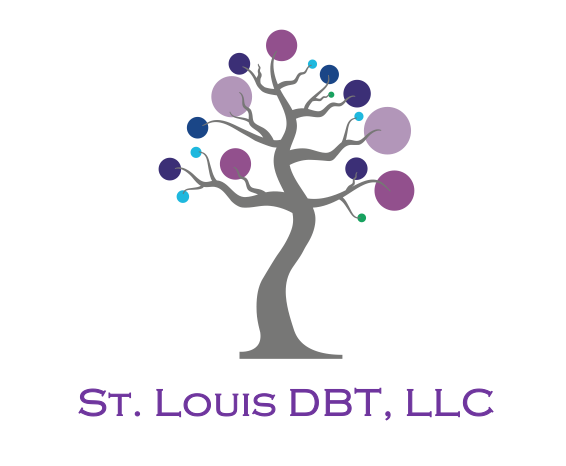Overcontrolled or Undercontrolled, that is the Question?
When the pieces started falling together, learning that I was overcontrolled was so validating!
These days, identifying depression and anxiety is getting a little bit easier. However, what can be the most challenging is finding the right treatment for our depression and anxiety. As a Radically Open Therapist I wanted to share a couple of patterns are recognized that help me identify as overcontrolled to hopefully help at least one other OC person feel seen!
Radically Open DBT, according to Dr. Tom Lynch, the founder and creator, was crafted for those of us who are overcontrolled. When we are overcontrolled, we might suffer from the following deficits:
Low Receptivity and Openness manifested by low openness to new experiences, not considering feedback (or spiraling when we get it), and/or hypervigilance regarding potential threats.
Low Flexible Control, which may look like a need for structure, high social obligations, rigid or rule governed behavior, and a possible belief that there is one “right” way of doing everything.
Inhibited Emotional Expression that gets in the way of expressing emotions genuinely. We might have a flat face or might even under report distress. It’s no big deal!
Low Social Connectedness and Intimacy with Others. This can look like having aloof and distant relationships with a side of possible envy and bitterness.
If you felt a little validated (or called out here) you probably felt like me the first time I learned about RO DBT!
Too much self-control? How is that a thing?
These days our culture loves self-control… it's highly praised! I can't recall how many times my parents offered to give me $10 for every A on my report card that I received. Radically open DBT suggests that self-control is a good thing and self-control can become maladaptive or get in the way of us living our best lives.
Radically open DBT suggests that when we engage in maladaptive over control coping styles, we might downplay our distress by laughing it off or appearing all cool. And because we put on a mask… we tend to suffer in silence. And because we have this awesome ability to tolerate distress for long periods of time pair that with a side of conflict avoidance… and you get an overcontrolled (OC) person!!
This is when it clicked for me; I realized that often I would tell people no worries when, in fact, I was worried…
The best thing about Radically Open DBT is that it looks at being over controlled as something to celebrate, not just completely abandon! Being OC is great because we typically get great marks in school and get promotions! However, RO DBT also suggest that our superpower of over control can also create an unseen barrier for us to form social bonds.
Social Connectedness
Yes, peopling is exhausting and peopling is necessary. There have been countless studies on how isolation can lead to not only mental health issues but physical health issues too.
For us OC folks, we are always on high alert for social signals from others that we are not in their tribe. What's up with the tribe talk? From an RBT perspective, human survived by staying in communities or tribes. Being without a tribe in the days of a saber tooth tiger would be really scary so we had to learn to work together.
After I learned this, I thought back to my kiddo days and how I would dread birthday parties and sleepovers because I hated the thought of having to chit chat into the night. Also, during the pandemic I absolutely loathed breakout zoom rooms with my colleagues, because the pressure of no agenda and the forced eye contact of a zoom meeting was really draining. Anyone ever experience something like this?
I think the last point that really drove RO home for me was Radically Open DBT's formulation of how we become over controlled. As an only child, I lived in a rural area with not a ton of neighbors. My mom also worked in the city, so I would be taken to work with her in the city to attend school. The problem with this was that after school activities and hanging out with friends was not really an option because of distance. So, I never got that unstructured chit chat practice. Research has also shown that solitary children have been known to display greater social helplessness and higher feelings of social rejection (Lynch, 55). There has also been research to show that folks who exhibit over control have a hard time activating their social safety system biologically, which makes it harder for us to connect! Who would have thought that being in fight or flight mode would impair our ability to socialize?! Wild.
So, what I want to express is that Radically Open DBT (RO) helps us OC folks. To my fellow OC folks, you don’t have to suffer in silence anymore! We have the tribe for you. RO can help us become less detail focused and restrained and learn to let go of our sense of rigid rules that loom over our lives. Radically Open DBT helps us learn to love our overcontrolled self and get a little silly, learn to relax without guilt, and helps us connect with others socially.
If you think you might be over controlled, us therapists here at St. Louis DBT would love to work with you on creating a life worth sharing!
